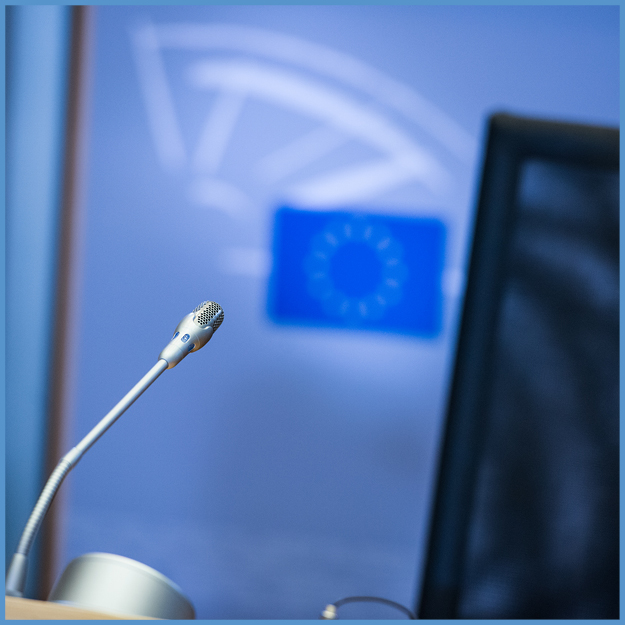[FR] A lesson in democracy in Brussels

The “democratic deficit” is not always where one thinks it is.
In Brussels, until Tuesday, October 8, the hearings of the European Commissioners are taking place. This is a daunting passing test, with no equivalent in our national democracies. At the European Parliament, it has become an established tradition. Each commissioner designated by their government – for France, Sylvie Goulard – must answer, for nearly three hours, the questions from Members of the European Parliament (MEPs), who have already sent a preliminary questionnaire.
Elected representatives by universal suffrage question, publicly, live, and with simultaneous translation, the future members of the Commission about their skills in the field they will oversee, their European convictions, and their communication abilities. In his time, Jacques Barrot compared the preparation for this hearing to the grand oral exam at ENA (École Nationale d’Administration).
The parliamentary jury generally does not go easy. Each future college of commissioners has its rejected candidates. We remember how, in 2004, the MEPs refused their confidence to the aspiring commissioner Rocco Buttiglione, nominated by Silvio Berlusconi, due to statements deemed homophobic. Other past hearings have forced the Commission President to reconsider the portfolios he planned to assign to certain commissioners.
Representative democracy regains its shine
The absence of conflicts of interest and a solid knowledge of dossiers weigh heavily in the deputies’ judgment. For the current hearings, the European Parliament has already shown its strength. Frustrated not to have been able to appoint one of their own instead of Ursula von der Leyen, who was barely elected, the MEPs intend to exert all their weight on the composition of the next Commission. Even before the hearings began, the European Parliament’s legal committee had already deemed the Hungarian and Romanian candidates inadmissible due to conflicts of interest.
The governments of these two countries promptly proposed other candidates. Parliamentary life thus gains new intensity. And representative democracy, criticized by nationalist populists, regains its luster. It seems from another era when General de Gaulle saw the Brussels Commission as “some technocratic, stateless, and irresponsible aristocracy.” For a commissioner — a term that remains unfortunate for bridging with citizens — the hearing before the European Parliament, as painful as it may be, offers the chance to receive the democratic endorsement of elected representatives.
Between, on one side, a commissioner appointed by their country but tested by MEPs to earn their trust, and, on the other, a French minister simply appointed by the President of the Republic, which one has the more solid democratic legitimacy? The ongoing hearings of commissioners in Brussels should not remain a European exception. They were part of Emmanuel Macron’s program during the presidential campaign: a commitment to have ministers immediately after their appointment be heard by the relevant deputies of the National Assembly, within parliamentary committees.
The true colors of democracy
The practice, inspired by Brussels but also by the “hearings” of the American Congress, was only very partially implemented in the Palais-Bourbon (French Parliament) during the summer of 2017. Most newly appointed ministers indeed answered deputies’ questions in parliamentary committees, but this did not lead to a vote of approval or disapproval of the minister auditioned. Already appointed, the ministers did not risk their position in these exchanges. It was a pale copy of the European original. These French-style hearings even went unnoticed, whereas in Brussels the commissioners’ hearings have become a major event, eagerly awaited by the European press.
In fact, the future of the next Commission depends on it, and these hearings, far from weakening its start, prevent future casting errors. Parliamentary hearings help restore trust in representative democracy. Of course, deals between political groups to neutralize opposition on both sides risk diverting their spirit, as was the case in 2014 between social-democrats and Christian-democrats.
The demand for political correctness can push the aspiring commissioner to hide behind hollow phrases. Some hearings lead MEPs to require additional information. But when conducted thoroughly, uncompromisingly, and in good faith, and when publicized as they deserve, these hearings followed by a vote of confidence for the whole new Commission give it the true colors of democracy.




